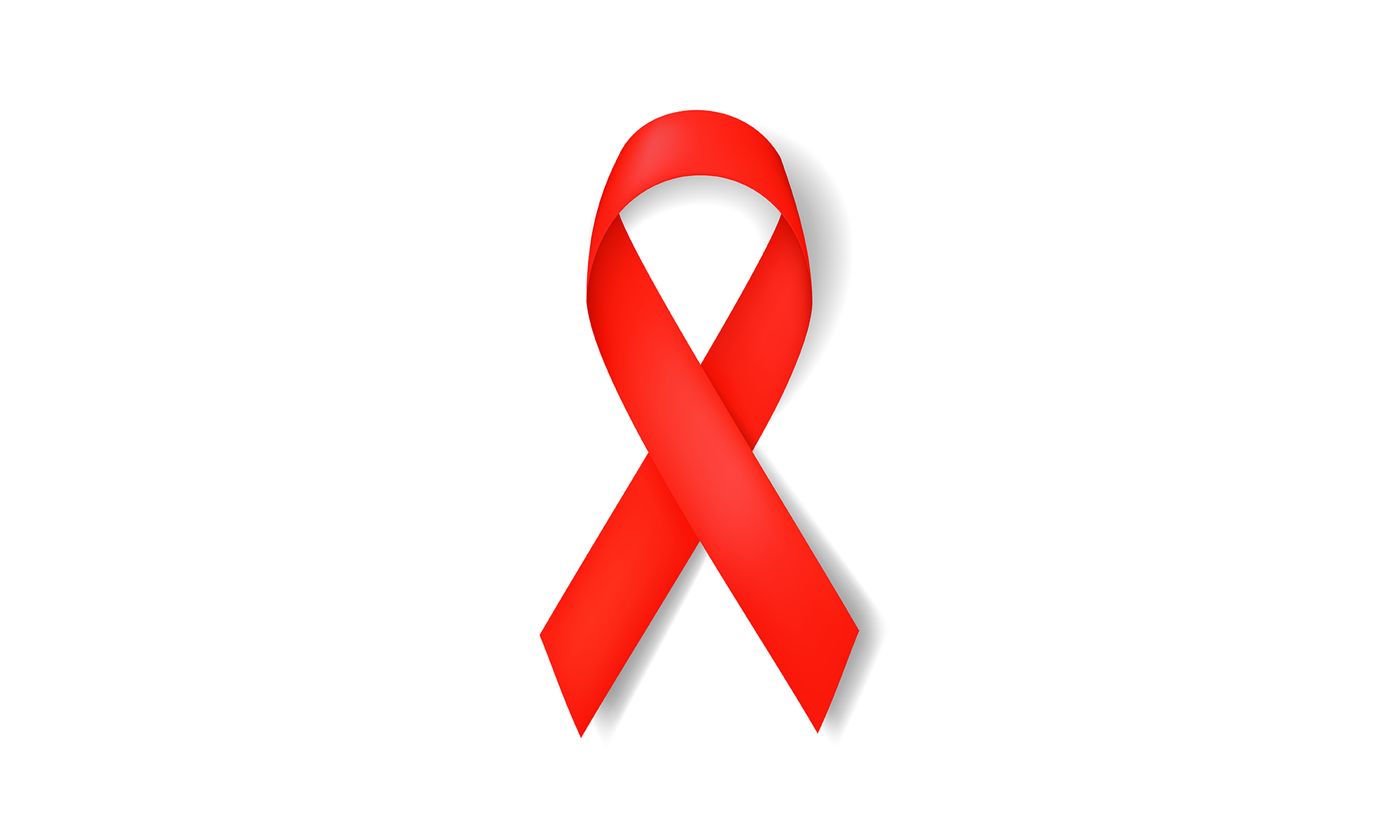On May 27, 2003, President George W. Bush signed into law the U.S. Leadership Against Global HIV/AIDS, Tuberculosis, and Malaria Act and created the President’s Emergency Plan for AIDS Relief (PEPFAR). Twenty-two years later, PEPFAR has saved 26 million lives and prevented nearly 8 million babies from developing HIV/AIDS. Many of those babies are now young adults themselves, contributing to some of the fastest growing economies, supporting democratic institutions, and creating a more peaceful, secure world.
As we approach the goal of eliminating HIV/AIDS as a public health threat by 2030 around the globe, PEPFAR continues to advance the transition to country ownership to maintain the extraordinary, life-saving success of the program. Premature termination of the program would place lives in danger and create openings for China and Russia to exploit. That’s why it’s important to continue support for PEPFAR to ensure we get the job done – for both America’s geopolitical influence and the precious lives that would be at risk.
Read about the partners that have contributed to PEPFAR’s success and our policy recommendations that can guide the program into the future.
PEPFAR’s community partnerships make a generational impact: Nozi’s story

Twenty years ago, Nozi Samela was diagnosed with HIV while pregnant with her first child. Thanks to PEPFAR partner mothers2mothers, Nozi was able to receive invaluable mentorship from HIV-positive mothers and give birth to a healthy, HIV-free baby boy. Nozi soon became a mentor herself and continues to work for the organization that provided her with support all those years ago. Nozi sees herself as a PEPFAR beneficiary. The program provided her a job that allows her to make an impact in her community and across the continent, and she is still taking antiretroviral treatment today, provided with the support of PEPFAR.
PEPFAR Beyond 2030

In this series, Senior Fellow and former U.S. Global AIDS Coordinator Dr. Deborah L. Birx, Global Health Advisor Dr. William R. Steiger, and Senior Program Manager Hannah Johnson examine the impact that over 20 years of U.S. global health engagement in Africa has had on the HIV/AIDS pandemic and identify the tools needed to sustain these efforts for years to come.
The series includes key policy considerations for ensuring PEPFAR’s successful transition to country ownership, country case studies to guide a tiered approach to country support, and an analysis of the status of the HIV/AIDS pandemic.
America has the tools to fulfill PEPFAR’s mission, here’s how

As the world quickly approaches 2030, the finish line to end HIV/AIDS is in sight. But ending PEPFAR prematurely would not only risk millions of lives that currently depend on the program but would also undercut decades of American investment and cede ground to Russia and China. This piece provides guidance for the Trump Administration, Congress, and PEPFAR to reshape U.S. global health engagement in a way that will save both lives and taxpayer dollars.
Going Further in Namibia

Women living with HIV are up to six times more likely to develop cervical cancer. In sub-Saharan Africa, roughly 110,000 women are diagnosed with cervical cancer each year, making it one of the deadliest cancers among women in the region. To combat these statistics, PEPFAR, the Bush Institute, UNAIDS, Merck, and Roche created the Go Further partnership to eliminate cervical cancer among women living with HIV in sub-Saharan Africa.
This year, the program celebrated the completion of over 10 million screenings for women living with HIV since the program’s launch in 2018. Namibia – one of the 12 Go Further partner countries – has experienced tremendous success. In this piece, we highlight several women living with HIV who have benefited from the program and the courageous health workers that have made this progress possible.




























